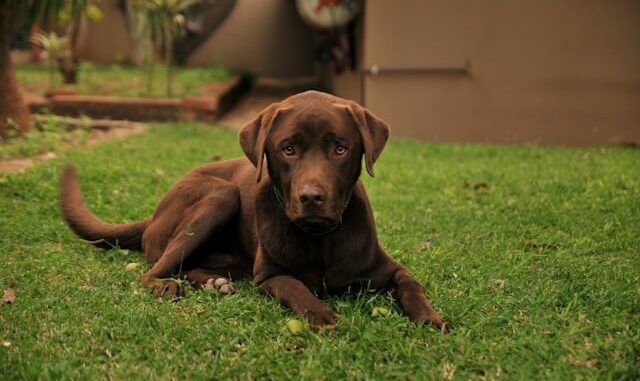
In the aftermath of a dog attack in Ontario, determining who bears responsibility for the incident can be a complex and multifaceted process. While the primary focus often falls on the dog’s owner, liability may extend to other parties involved in the care or control of the dog, including co-owners, dog walkers, and temporary caregivers. This article delves into the intricacies of ownership, liability, and shared responsibility in dog attacks in Ontario, shedding light on the legal considerations and potential outcomes for all parties involved.
The Dog Owners’ Liability Act (DOLA) in Ontario establishes clear guidelines regarding the liability of dog owners in cases of bites or attacks. Under DOLA, the owner of a dog is held strictly liable for any harm caused by their pet, regardless of fault or negligence. This principle places the burden on the owner to take reasonable precautions to prevent their dog from causing harm to others, including training, supervision, and proper containment.
However, determining who constitutes the “owner” of a dog may not always be straightforward, particularly in cases where multiple individuals share responsibility for the care or control of the animal. Co-ownership arrangements, where two or more individuals jointly own a dog, can complicate matters when it comes to liability for dog attacks. In such cases, both co-owners may be held jointly liable for any harm caused by the dog under DOLA, regardless of their level of involvement in the incident.
Similarly, individuals who temporarily care for or control a dog, such as dog walkers or pet sitters, may also bear responsibility for the animal’s actions. While the primary responsibility still lies with the owner, temporary caregivers have a duty to exercise reasonable care and control over the dog to prevent harm to others. Failure to fulfill this duty may result in liability for any damages or injuries caused by the dog while under their care.
The legal concept of agency may also come into play in cases where a third party, such as a dog walker or temporary caregiver, is acting on behalf of the dog’s owner. Under the doctrine of vicarious liability, the owner may be held responsible for the actions of their agent, even if they were not directly involved in the incident. This principle serves to hold owners accountable for the actions of individuals acting on their behalf and ensures that victims of dog attacks are not left without recourse for their injuries.
In cases where a dog attack occurs in a public place, liability may extend to the municipality or property owner where the incident took place. Municipalities have a duty to maintain public safety within their jurisdictions and may be held liable for failing to enforce leash laws or take appropriate measures to prevent dog attacks. Similarly, property owners may be held responsible for allowing a dangerous dog to roam freely on their premises or failing to warn visitors of the potential risks posed by the animal.
Proving liability in cases of dog attacks often requires a thorough investigation into the circumstances surrounding the incident, including the dog’s history of aggression, the actions of the owner or caregiver, and any relevant municipal regulations or bylaws. Gathering evidence, such as witness statements, photographs, and medical records, is crucial for establishing liability and ensuring that victims receive fair compensation for their losses.
In conclusion, determining liability and shared responsibility in dog attacks in Ontario requires a nuanced understanding of the legal principles and obligations that govern ownership and care of dogs. While the primary responsibility lies with the owner, liability may extend to other parties involved in the care or control of the animal, including co-owners, dog walkers, and temporary caregivers. By holding all responsible parties accountable for their actions, Ontario’s legal framework seeks to promote public safety and ensure that victims of dog attacks receive the justice and compensation they deserve.
